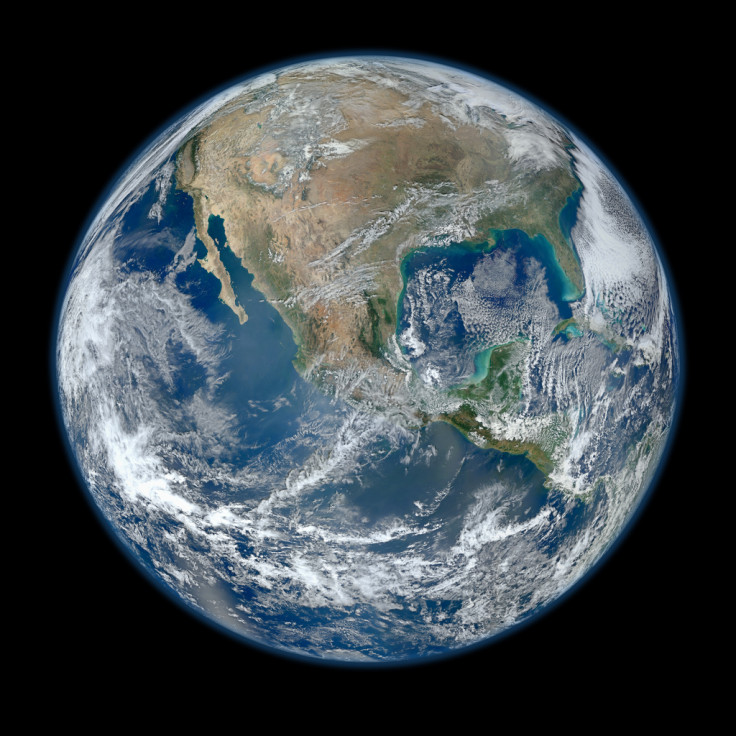'Great Dying Mass Extinction' 252 Million Years Ago Caused by Climate Change Microbes

Climate changing microbes caused a mass extinction event 252 million years ago that saw around 90% of species wiped out.
Methane-emitting microbes were behind the "Great Dying" event that led to most species on Earth becoming extinct, researchers from the Massachusetts Institute of Technology (MIT) have said.
Published in the Proceedings of the National Academy of Sciences, researcher Daniel Rothman said organisms that developed the ability to consume previously inedible food sources went into overdrive, which led to huge climatic disruption.
While organisms are thought to be responsible for the Great Dying event, they are also believed to have created the oxygen-rich environments that led to the evolution of complex animals, Rothman explained, meaning they have a huge impact on the planet through the chemicals they ingest and emit.
The Great Dying event took place at the end of the Permian period and geological evidence shows the mass extinction, accompanied by extreme global warming and ocean acidification, Nature magazine reports.
The causes of this have been debated for years, with the latest theory suggesting organic matter in ocean sediments became a "pile of food sitting there", with nothing there to eat it, co-author Gregory Fournier said.
"It could happen again, and it may very well have happened at other times in the past."
Study author Daniel Rothman
However, some single cell microbes called archaea developed the ability to eat this matter and began feasting on it. The researchers believe this evolutionary event led to a huge amount of methane being emitted into the atmosphere.
The researchers say they have identified the signature of the microbe in the carbon-isotopic record of ancient sediments.
While this latest theory helps explain the Great Dying, the researchers say there have been lots of other theories, including volcanic activity in Siberia. Rothman said this was probably the cause of the increase in nickel deposits in the ocean, which would be involved in the reactions that produce methane.
Methane, the authors say, could have killed off life on Earth by causing oxygen depletion and acidification, preventing animals from growing shells.
Rothman added that their study suggests just how easily a mass extinction event can happen. "It could happen again, and it may very well have happened at other times in the past" he said.
John Hayes, a researcher at Woods Hole Oceanographic Institution who was not involved in the research, said the study provides a "highly refined timescale" for the events that led to Earth's most severe mass extinction event.
"[It is] the first time that the explosive onset of a single process has been recognised in this way, and it adds very important detail to our understanding of the extinction."
© Copyright IBTimes 2025. All rights reserved.






















